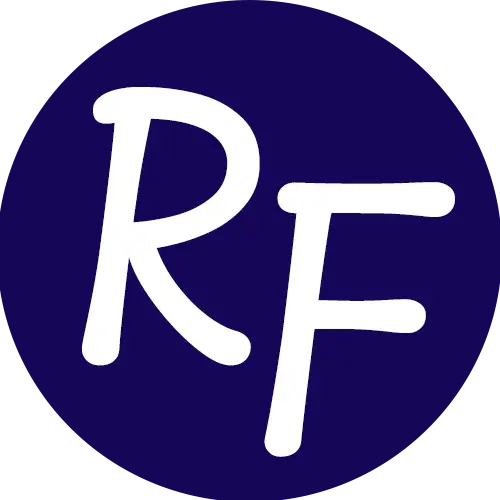In the gilded halls of ancient Babylon, Daniel faced a critical decision. His audit had uncovered widespread corruption among the empire’s administrators. Speaking up meant risking not just his position, but potentially his life. Staying silent would make him complicit in the wrongdoing.
Sound familiar? Today’s business leaders face similar dilemmas. Whether it’s discovering financial irregularities, unsafe practices, or ethical breaches, the challenge of speaking truth to power remains as relevant as ever.
Daniel’s approach provides a masterclass in ethical leadership. Rather than rushing to expose the corruption or remaining silent, he demonstrated three key principles still applicable today:
First, he gathered comprehensive evidence. Daniel didn’t rely on rumors or partial information. He built an ironclad case that could withstand scrutiny.
Second, he chose the right channel. Daniel went directly to King Darius, bypassing the corrupt bureaucracy that might have buried his findings. In modern terms, this means understanding when to use internal reporting channels and when to seek higher authorities.
Third, he maintained professional respect while delivering hard truths. Daniel didn’t grandstand or moralize. He presented his findings with clarity and respect, focusing on the empire’s interests rather than personal vindication.
The results? While Daniel’s honesty initially created powerful enemies, it ultimately strengthened his position and led to systemic reforms. Modern leaders can achieve similar outcomes by following his example.
In my book “Daniel as a Blueprint for Navigating Ethical Dilemmas,” Chapter 3 explores this critical moment in Daniel’s journey and provides a practical framework for speaking truth to power. Through detailed case studies, we examine how contemporary executives have faced similar challenges—from whistleblowing on financial fraud to confronting toxic corporate cultures. The book also unpacks Daniel’s other ethical trials, including his stance against religious persecution (the lions’ den), his handling of political intrigue (the dream interpretations), and his navigation of cultural conflicts (dietary laws). Each parallel’s modern challenges like standing up against discrimination, managing conflicting stakeholder demands, and maintaining personal values in diverse workplace environments.
Remember: ethical leadership isn’t about being perfect. It’s about having the courage to stand for what’s right, the wisdom to do it effectively, and the resilience to weather the consequences.
What truth are you hesitating to speak? The integrity of your organization might depend on your answer.






